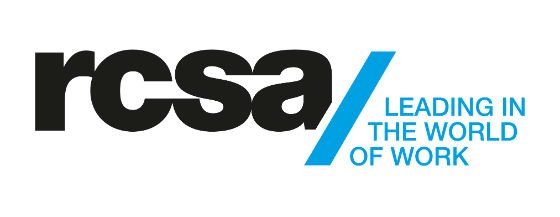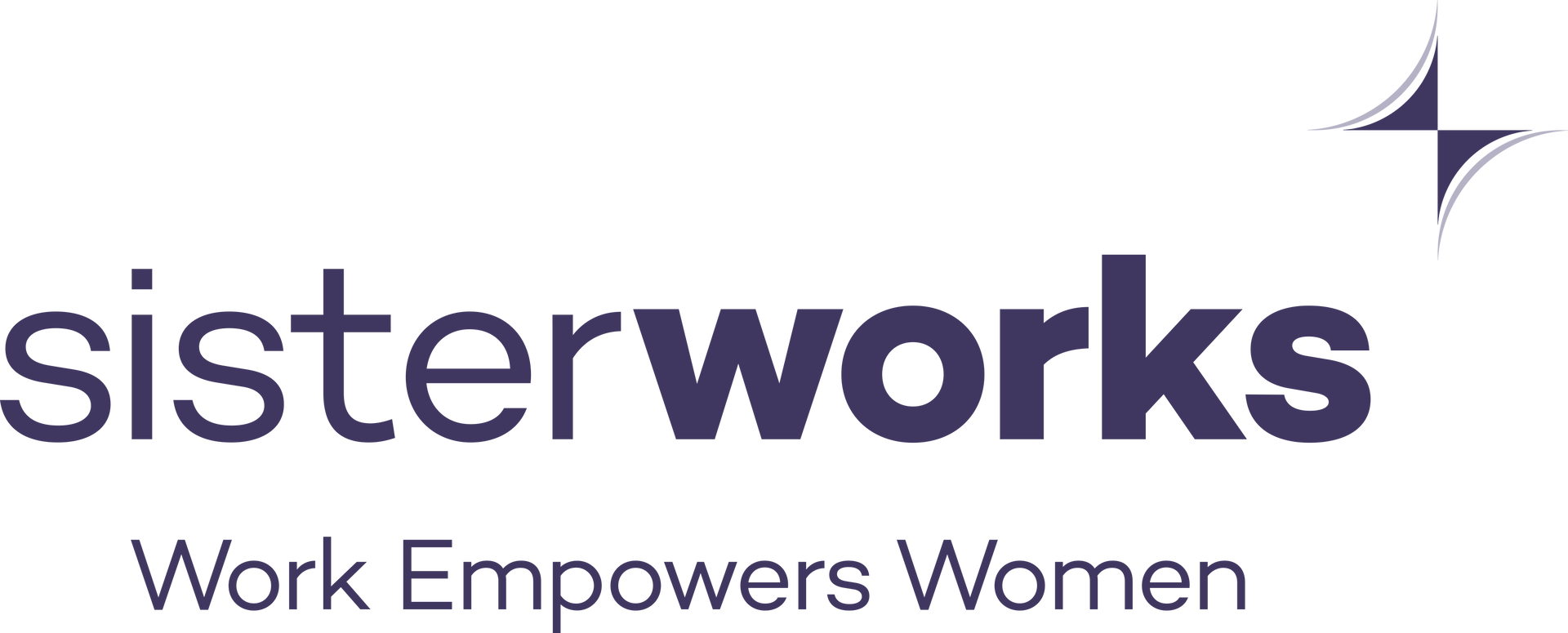9 tips for taking time off from work
9 tips for taking time off from work
Are you reluctant to take a holiday? Some people feel like their workplace is way too dependent on their role to get away, disconnect and recharge. However well-rested staff members perform better and are less likely to burn out. These are our tips on preparing for time off work and ensuring the office stays on track without you!
Taking a holiday is good for you. It is well established that a rested staff member performs better and is less likely to burn out. When you are away from work on leave, rest assure that your company will address any key person dependency issues. To help you enjoy your upcoming holiday, here are our tips on preparing for time away from the office.
We have found there to be two extreme types of people in holiday preparation:
Over prepared
These people work until midnight in the weeks before their leave, manically adding sticky notes on every file. They include tiny details that nobody is likely to read. Often this pile is discovered in exactly the same place upon their return.
Under prepared
This lot waltz out the door with a cheery wave and barely a handover email.
We like to think the ideal preparation for taking time off is somewhere in the middle of these two extremes. Read on for our top tips to get you the rest you have earned and to ensure things in the office stay on track without you.
1. Be considerate – don’t book your holiday in the busiest time of your working year. Ensure you get your leave booked nice and early and that it does not conflict with any 'can’t miss' work events or deadlines.
2. Plan ahead - at least a month out, plan and prioritise any items of work or projects that need to be completed before you go. Consult with your colleagues, your boss or your team to ensure that everyone is aware of the schedule and dates you are working to. Are there non-urgent items that can wait for your return? A good trick during this time is to block out portions of your diary, to help you get up to date and not booked up with meetings instead!
3. Consult with your team - determine who is suitable to step into your role in your absence. Do clients get allocated to colleagues? Is it necessary to source a temporary staff member?
4. Inform key people - give your key clients and colleagues notice that you will be out of the office and ensure they know who to speak to in your absence.
5. Handover - make time to provide a quality handover to ensure whoever is stepping into your shoes is briefed on all the important matters. Your workspace should also be tidy so that people can find what they need in your absence.
6. Disconnect - for maximum rest and relaxation, we recommend you leave the work phone at home (particularly if you are prone to checking it frequently). If you absolutely feel you need to check in with the office, ensure your colleagues understand how to get in contact with you and how often you are expecting to communicate. At a minimum please leave your device off for a large part of your day.
7. Email autoresponder - before you walk out the door, make sure that your 'out of office' and voicemail messages reflect the dates of your holiday and who to contact in your absence.
8. Enjoy - most importantly, remember to RELAX and ENJOY YOURSELF!
9. On your return - give yourself a head start on the catch up – this might involve logging on the day before you start back to get the lay of the land or just to bring yourself up to speed.
So that’s it, get planning then get packing. Bon voyage!















